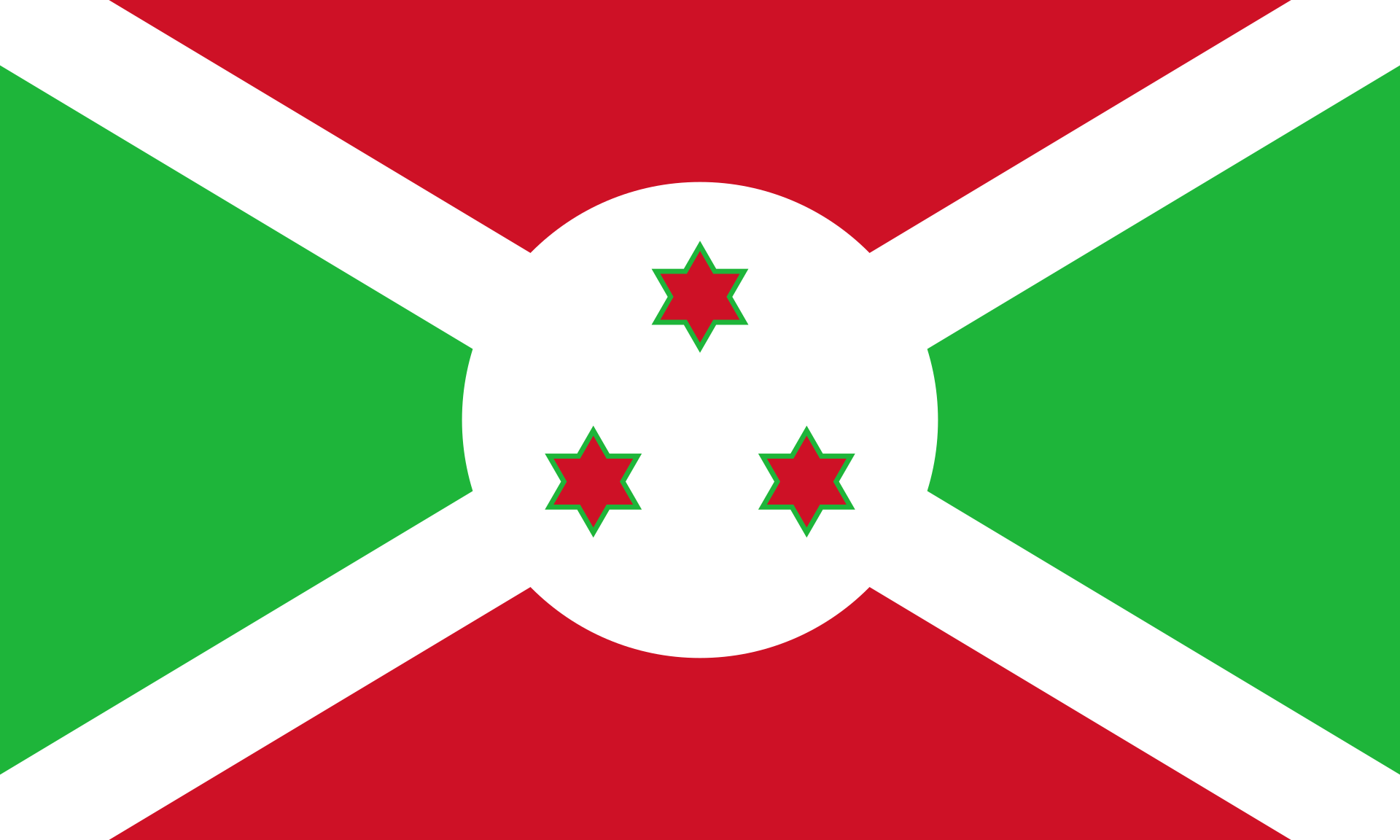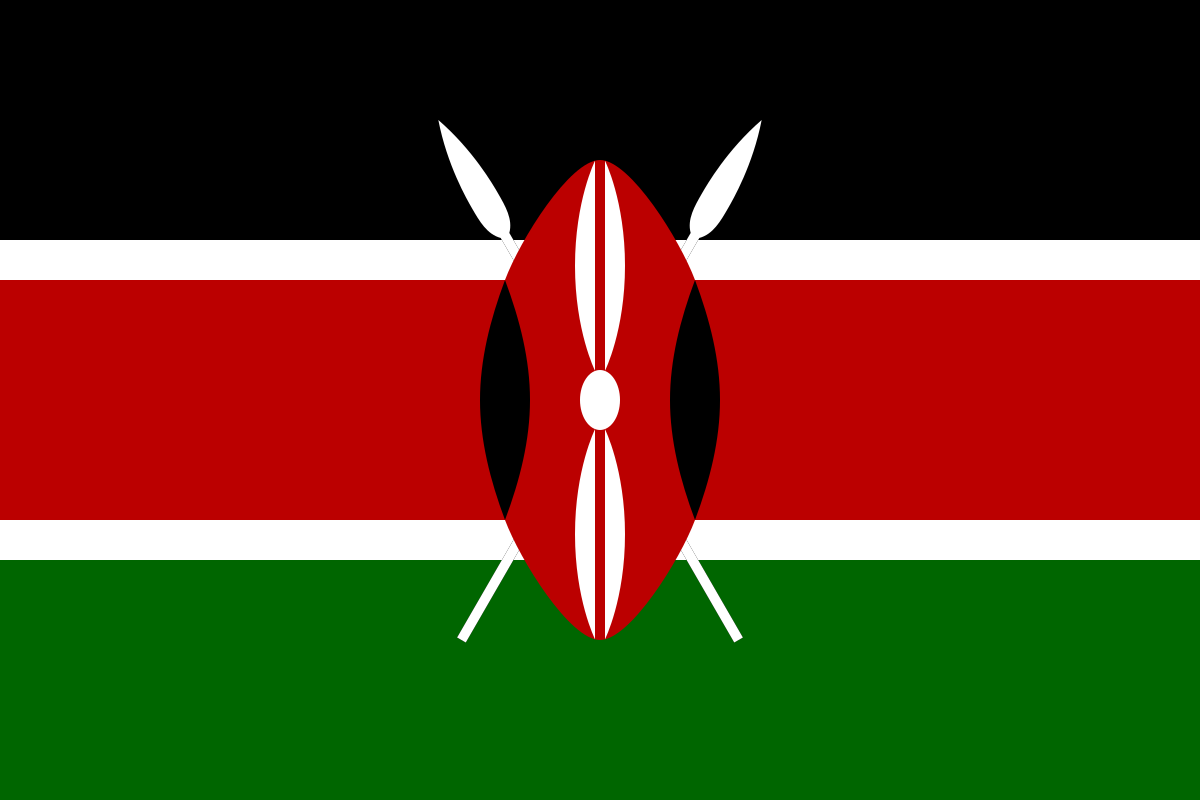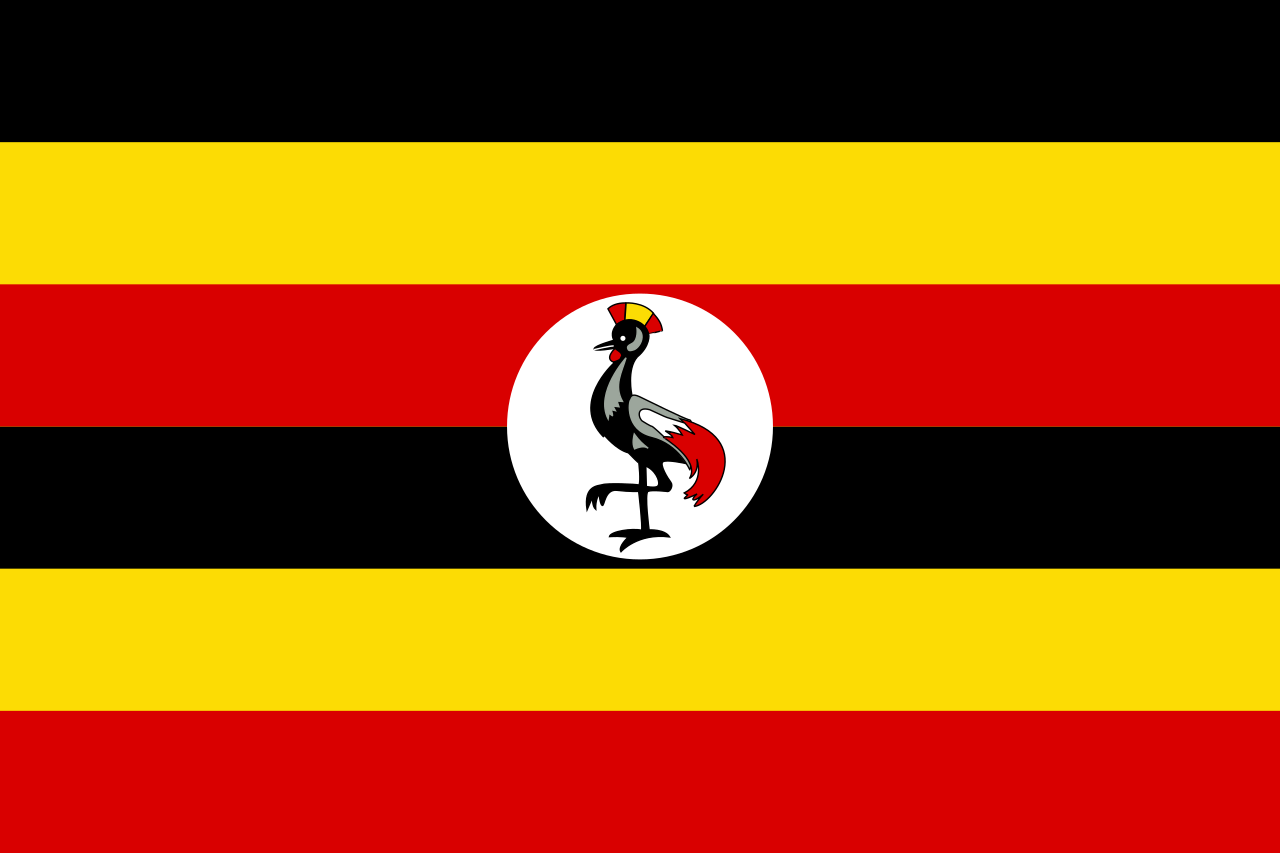Irakoze Chanceline, a 22-year-old mother of four, arrived at the makeshift camp in Gatumba in March this year after floods destroyed her house and property. "I want my children to stay healthy," she said. "That's why I make sure they get all the necessary vaccines."
A small town bordering the Democratic Republic of the Congo, Gatumba has been battered by the torrential rains that have deluged Burundi repeatedly during the past three years. An estimated 10,000 have been left homeless. About 7,000 of them are sheltering in the internally displaced persons (IDP) camp where Irakoze and her children are staying.
There is a small health centre in the camp, Irakoze said, from which vaccination drives are coordinated. "The recent polio vaccination and other campaigns they find us at our tents, but also sometimes we are given dates to come and vaccinate our children at this health centre."
She has been advised, for instance, to return with her nine-month old youngest child when she is 18 months old. But she worries about further disruption: "The rainy season has started. Now we are worried about the floods again, and the hygiene of the places," she said.
Health worker Mushimiyimana Willermine, who works at the camp clinic, adds that sometimes the facility runs out of medicines and support.
"We have doctors coming from health centres in Bujumbura, and the health workers have helped greatly here especially to maintain good hygiene. But we need more support from the government and other partners for this health centre to be able to accommodate all the people here," she said.
Cholera looms
Cholera is an increasing worry as the weather changes. Cases of the waterborne infection were recorded in Burundi even in the dry season, with the Ministry of Health declaring an outbreak in Bujumbura in early September. Now "we are into rainy season so there is a very high risk that the cases of cholera will increase, and what we can only do is to transfer them if nothing changes," says Mushimiyimana.
"We need more sensitisation on cholera, because the IDPs need to be sensitised about the measures to prevent the spread of cholera. Sensitisations were conducted, but are not enough, on how you can get infected, how to prevent and the cause [of cholera]," she added.
Mapping a path to safety
Burundi's government says it is working to make sure that the displaced people get access to health care, and to increase the human resources dedicated to preventing more property and life losses.
"We have now developed a multi-risk map. This helps us in planning and decision-making that makes it possible to understand the risks and better manage their effects, hence reduction in catastrophes," said Anicet Nibaruta, the Director General of the National Platform for the Prevention and Management of Natural Disasters. The platform is under the Ministry of Internal Affairs and is in charge of providing both early warning information and disaster management to the country.
According to Anicet, Burundi has lost some $98 million due to climate change related challenges. "We have studied risk areas including Gatumba, where a 2km dyke is being constructed to prevent the floods from river Rusizi," he said.
Despite the government stepping up their early warning mechanisms, health workers in Gatumba are calling for more support for their efforts to keep the IDPs in the makeshift camp healthy today. -








